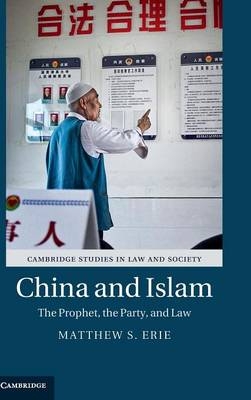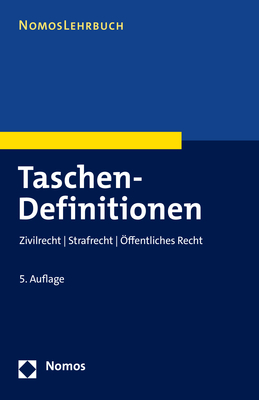
China and Islam
The Prophet, the Party, and Law
Seiten
2016
Cambridge University Press (Verlag)
978-1-107-05337-3 (ISBN)
Cambridge University Press (Verlag)
978-1-107-05337-3 (ISBN)
As the first ethnographic study of the practice of Islamic law by Chinese Muslims (Hui), this book will appeal to students and specialists who study the state and religion, legal pluralism, and conflicts of law from the perspectives of anthropology, law and society, Asian studies, and Islamic studies.
China and Islam examines the intersection of two critical issues of the contemporary world: Islamic revival and an assertive China, questioning the assumption that Islamic law is incompatible with state law. It finds that both Hui and the Party-State invoke, interpret, and make arguments based on Islamic law, a minjian (unofficial) law in China, to pursue their respective visions of 'the good'. Based on fieldwork in Linxia, 'China's Little Mecca', this study follows Hui clerics, youthful translators on the 'New Silk Road', female educators who reform traditional madrasas, and Party cadres as they reconcile Islamic and socialist laws in the course of the everyday. The first study of Islamic law in China and one of the first ethnographic accounts of law in postsocialist China, China and Islam unsettles unidimensional perceptions of extremist Islam and authoritarian China through Hui minjian practices of law.
China and Islam examines the intersection of two critical issues of the contemporary world: Islamic revival and an assertive China, questioning the assumption that Islamic law is incompatible with state law. It finds that both Hui and the Party-State invoke, interpret, and make arguments based on Islamic law, a minjian (unofficial) law in China, to pursue their respective visions of 'the good'. Based on fieldwork in Linxia, 'China's Little Mecca', this study follows Hui clerics, youthful translators on the 'New Silk Road', female educators who reform traditional madrasas, and Party cadres as they reconcile Islamic and socialist laws in the course of the everyday. The first study of Islamic law in China and one of the first ethnographic accounts of law in postsocialist China, China and Islam unsettles unidimensional perceptions of extremist Islam and authoritarian China through Hui minjian practices of law.
Matthew S. Erie, an anthropologist and a lawyer, is an associate professor of Modern Chinese Studies at the University of Oxford. His earlier works on law and society have appeared in publications such as Law and Social Inquiry, the Hong Kong Law Journal, and the Oxford Encyclopedia of Islamic Law. He has lived and studied in China and the Middle East, and has practiced law in New York City and Beijing.
Introduction: the Party-State enters the mosque; 1. History, the Chinese state, and Islamic law; 2. Linxia at the crossroads; 3. Ritual lawfare; 4. Learning the law; 5. Wedding laws; 6. Moral economies; 7. Procedural justice; Conclusion: law, minjian, and the ends of anthropology.
| Erscheinungsdatum | 04.10.2016 |
|---|---|
| Reihe/Serie | Cambridge Studies in Law and Society |
| Zusatzinfo | 2 Tables, black and white; 3 Maps; 17 Halftones, black and white; 6 Line drawings, black and white |
| Verlagsort | Cambridge |
| Sprache | englisch |
| Maße | 159 x 236 mm |
| Gewicht | 810 g |
| Themenwelt | Recht / Steuern ► Allgemeines / Lexika |
| Recht / Steuern ► EU / Internationales Recht | |
| Sozialwissenschaften ► Ethnologie | |
| Sozialwissenschaften ► Soziologie | |
| ISBN-10 | 1-107-05337-4 / 1107053374 |
| ISBN-13 | 978-1-107-05337-3 / 9781107053373 |
| Zustand | Neuware |
| Haben Sie eine Frage zum Produkt? |
Mehr entdecken
aus dem Bereich
aus dem Bereich
Buch | Softcover (2023)
C.H.Beck (Verlag)
CHF 30,65
Buch | Softcover (2023)
Franz Vahlen (Verlag)
CHF 27,70
Zivilrecht | Strafrecht | Öffentliches Recht
Buch | Softcover (2022)
Nomos (Verlag)
CHF 27,90


